Many independent roofing contractors within the Owens Corning roofing contractor network offer financing options for customers. Your roofer may offer in-house financing or loans through an external finance company, such as CTRify or Ally. Rates and terms depend on the roofing company and its credit rating. A home equity loan, also known as a second mortgage, uses the part of your home that you own directly as collateral for a loan you pay in fixed monthly payments. The repayment term of a home equity loan usually lasts from five to 30 years.
Interest rates on home equity loans are usually fixed, so before you accept the loan you'll know what you'll pay each month of the repayment term. One advantage of using a home equity loan for roof financing is that you can deduct the interest you pay on the loan from your federal income taxes, as long as you itemize the deductions. Consider talking to a financial professional to find out if this is possible for your individual situation. A home equity line of credit (HELOC) also uses home equity as collateral, but instead of offering a lump sum loan, you set up a revolving credit account that you can use much like a credit card.
As with a home equity loan, a HELOC allows you to access up to 85% of your home's value minus your remaining mortgage balance. During a period of time called a withdrawal period, which usually lasts 10 years, a HELOC allows you to write checks or use a debit card to make payments against the account's spending limit and then pay the balance as quickly or as slowly as you choose, as long as you meet a minimum monthly payment. After the withdrawal period ends, you must pay the outstanding balance in a lump sum or in a series of fixed monthly payments. HELOCs typically have variable interest rates and may include low promotional rates for the first 12 months, after which borrowers may see significant annual increases.
That, and the variable balance nature of all revolving accounts, can make it difficult to predict how much a HELOC will cost you over the life of the account. In a cash out refinance, you apply for a new mortgage on your home, based on part or all of your current market value, pay your existing mortgage, and treat any remaining cash product as a lump sum loan. You can use the cash to finance a roof or other home repairs, or for any other purpose you choose. A cash-out refinance can make a lot of sense if you can insure the new mortgage at a significantly lower interest rate than your original mortgage, or if you replace an adjustable-rate mortgage with a fixed-rate loan.
As with home equity loans and HELOCs, the approval process for a cash-out refinance is very similar to applying for a mortgage to purchase a home. Expect to document your income and expenses and close in about 30 to 45 days, although this time period will ultimately depend on your lender. If you don't have enough equity in your home to cover roof financing, one option is a 203 (k) mortgage issued through the Federal Housing Administration (FHA). These mortgages are issued by FHA-approved lenders to allow the purchase or refinance of homes in need of repair, and fixed-rate and adjustable-rate loans are available.
If you are looking for a standard 203 (k) mortgage, you will need to hire an FHA-approved 203 (k) consultant to act as a liaison between you, the lender and the roofer (and other contractors, if any). The consultant designs a work plan for the project, ensures that the construction meets the appropriate standards, and approves the release of funds for the roofer and other contractors. If your credit score is 580 or higher, you qualify for the minimum down payment of 3.5% required for a 203 (k) mortgage; if your score falls below 580, you will need to deposit 10% of the amount you are borrowing. Personal Loans Are Unsecured, Which Means There Are No Assets To Back Them.
That's why lenders generally charge them higher interest rates. On the bright side, since personal loans are not secured by your house, if you ever find yourself unable to keep up with roof payments, a personal loan will not put your house at risk. These quick approval loans are usually a form of unsecured personal loan or credit card, packaged for home improvement use. It is advisable to study your conditions before accepting the loan, paying special attention to whether the loan includes an introductory “teaser interest rate”.
If so, make sure you understand what the new rate will change to after the introductory period ends and how the new rate will affect your monthly payments. If you're considering financing a contractor, it can't hurt (and it won't take you too much extra time) to apply for other personal loans to compare. Buying interest rates is always a good idea when looking for a loan for any purpose. Financing a roof with a credit card is probably your last resort.
With the average APR for new cards hovering around 19.33%, according to the Federal Reserve, putting a new ceiling on your credit card (s) is likely to be a very expensive option. If your roof repair estimate is quite low and you can pay a large portion of the total cost in about a year, financing the roof with an introductory APR of 0% from a new credit card might be a good solution if there are no better options available. If you are able to pay off your entire balance within the promotional period (usually 12 to 18 months), you will have managed an interest-free loan, but any remaining balance after the introductory period will be subject to the card's standard interest rate. Is interest on a home equity loan tax-deductible? Find out the conditions under which you can get a home equity tax deduction.
Learn the ins and outs of a home equity loan vs. A Home Equity Line of Credit (HELOC) to decide which option is best for your financial goals. Wondering if it's a good idea to apply for a home equity loan for a swimming pool? Learn the pros and cons of this group funding option. Depending on how much your deductible is, it may be more cost-effective to repair your roof with a roof loan than insurance.
If your roof poses some kind of hazard, you may be able to terminate your lease, if the landlord is unwilling to fix it. For this reason, almost all roofers who accept credit cards will pass these fees to the buyer if this method is chosen. If you need a new roof but don't have enough cash to pay for the repair, you should consider roof financing. Roofing companies with payment plans in San Diego, CA may be willing to offer special savings because they also save money on travel to the workplace.
Payment plans vary by requirements, interest rates, and terms, so it's important to ask the roofing contractor you have in mind for more details. Credit cards are a quick and easy option to pay the roofing company or general contractor, however, you may end up paying a lot more money for your roof in the long run. If your roof needs repairs or needs a new one, most professionals will advise you to fix it as soon as possible. Otherwise, someone who wants to install a metal roof could explore private financing options through a home equity loan or a personal home improvement loan.
The best way to estimate your roofing costs is to check with a few different roofing companies to come to your home and give you an accurate estimate for your particular situation. The first thing to do before seeking financing is to review your homeowners insurance policy to see if damage to your roof is covered by the policy. All that is required is a deposit, then the rest of the funds transferred after installing the roof. .
.
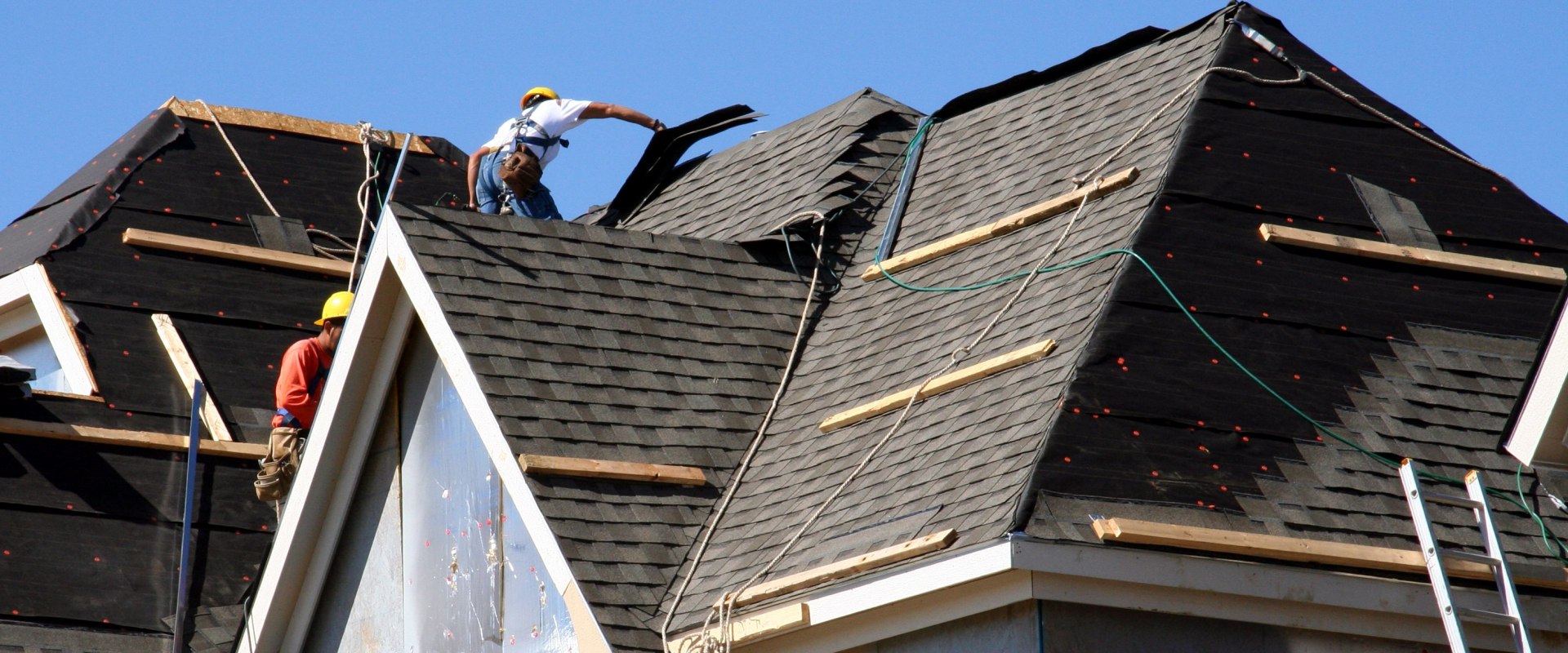
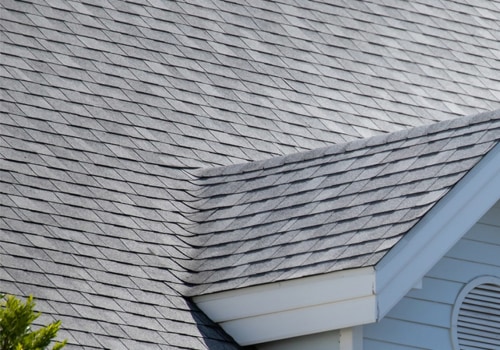
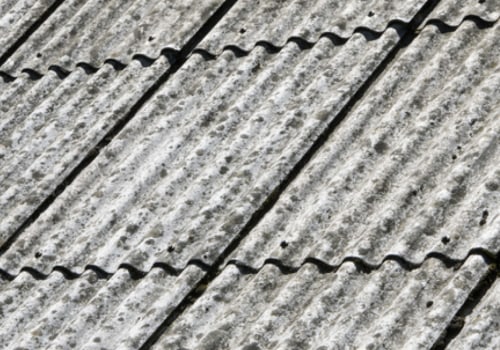
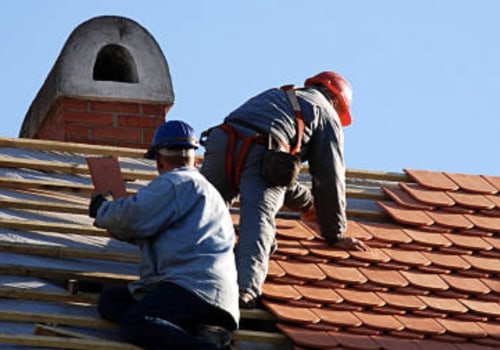
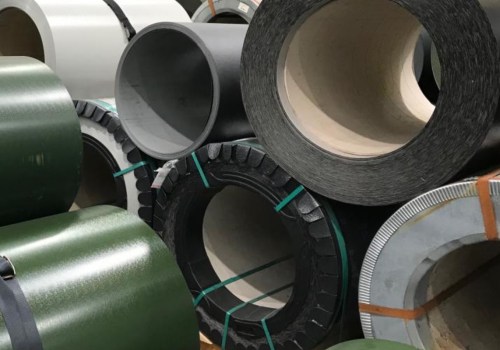



Leave Reply